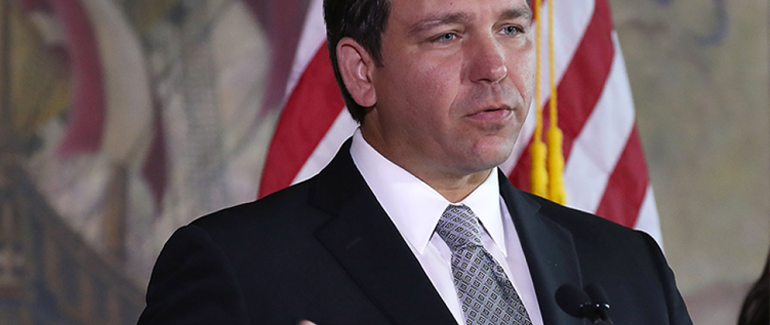Any arrest, conviction, or other impasse with the criminal justice system can be traumatic and shocking. Convictions and offenses can cause damage to one’s reputation, the loss of jobs, the loss of necessary goods and services, shelter, and even custody of children. The inconvenience associated with a criminal offense is compounded when that offense is later deemed legal.
With the increase in states legalizing marijuana, this particular situation has become much more common. Individuals who were arrested and charged with crimes associated with marijuana are rightfully frustrated—their arrest, conviction, or offense likely cost them valuable time, their reputation, or was at the very least, extremely inconvenient, and now the offense is no longer a crime.
Luckily, states like New York have been making strides in amending its citizens’ unnecessary convictions. This summer, New York automatically expunged more than 150,000 individuals’ marijuana possession convictions. The state is now going one step further to allow these individuals the option to have the records associated with these convictions destroyed. This option requires a simple one-page form that is free to file.
This service can serve several purposes for its applicants. Expungement effectively seals one’s criminal record so that the offense becomes invisible in most situations. For example, if an individual attempts to obtain a handgun or become a police officer, an expunged offense is still visible to the pertinent authorities. Some people also suggest that the destruction of these records could provide much-needed and long-sought-after catharsis to these wronged citizens, even if they have no need for a handgun or to become a police officer.
While criminal justice reform gains momentum, plenty of individuals are still trapped under the thumb of a minor offense. A minor, dated, and unnecessary conviction should not cause more inconvenience and hardship in your life. Reach out to the experts at Easy Expunctions today to see if you’re eligible for an expunction.











